People of 2021: from Gareth Southgate to Angela Merkel
Here are some of the politicians, sporting stars and celebrities who made headlines this year
A free daily email with the biggest news stories of the day – and the best features from TheWeek.com
You are now subscribed
Your newsletter sign-up was successful
1. January
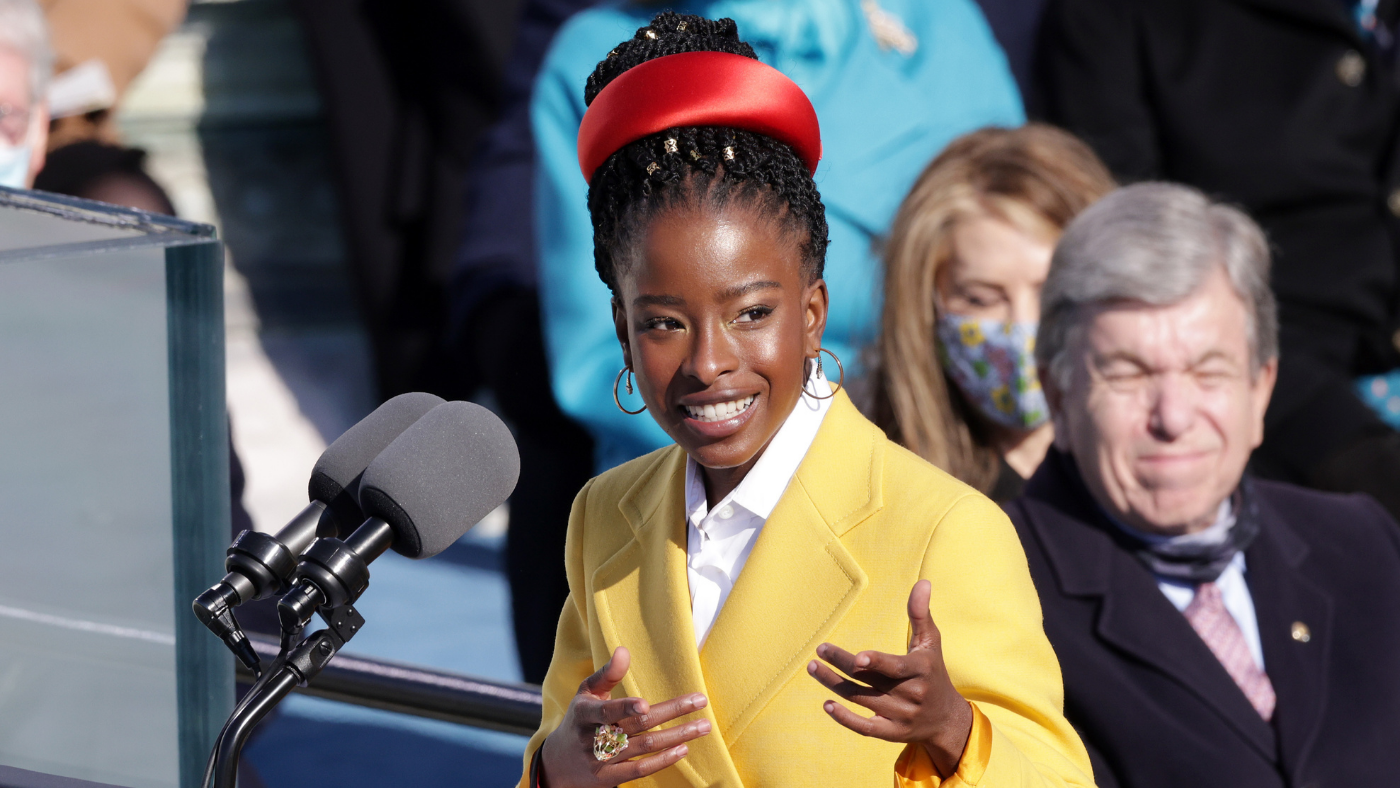
Days after Boris Johnson puts England into a third national lockdown, Chief Medical Officer Chris Whitty warns that the UK is entering the “most dangerous” phase of the pandemic. But there is reassurance of a sort when Brian Pinker, 82, becomes the first person in the world (outside a clinical trial) to have the Oxford/AstraZeneca coronavirus vaccine, at Oxford’s Churchill Hospital.
A mob of Donald Trump’s supporters storm the US Capitol in a failed attempt to stop Congress certifying Joe Biden’s election victory; the violence leads to the deaths of five people. Trump, who took several hours to call off his supporters, is charged by Congress with incitement to insurrection, but his Republican colleagues later acquit him.
Hundreds of the rioters are later identified and arrested, including Jacob Chansley, the “QAnon Shaman”; his lawyers argue that he was “groomed” by Trump and was only following the president’s orders, but he is convicted and sentenced to 41 months in prison.
The Week
Escape your echo chamber. Get the facts behind the news, plus analysis from multiple perspectives.

Sign up for The Week's Free Newsletters
From our morning news briefing to a weekly Good News Newsletter, get the best of The Week delivered directly to your inbox.
From our morning news briefing to a weekly Good News Newsletter, get the best of The Week delivered directly to your inbox.
Derbyshire Police agrees to refund two women who were fined for taking a country walk together. Jessica Allen and Eliza Moore, both 27, had received a penalty of £200 each, on the basis that the tea they had brought with them counted as an illegal “picnic”.
After giving a “cast-iron guarantee” that exams will go ahead in England in the summer, the Education Secretary Gavin Williamson announces that they’re being cancelled after all.
Biden is inaugurated as the 46th president of the US; the highlight of the pared-back ceremony is a recital of The Hill We Climb by the youth poet laureate Amanda Gorman.
The Russian opposition leader Alexei Navalny flies back to Moscow to continue his campaign to unseat President Putin – and is promptly arrested and jailed.
A free daily email with the biggest news stories of the day – and the best features from TheWeek.com
The UK becomes the first country in Europe – and only the fifth in the world, after the US, Brazil, India and Mexico – to pass the milestone of 100,000 recorded coronavirus deaths.
Myanmar’s armed forces stage a dramatic early-morning coup, ousting the civilian leader Aung San Suu Kyi and returning the fledgling democracy to military rule.
2. February
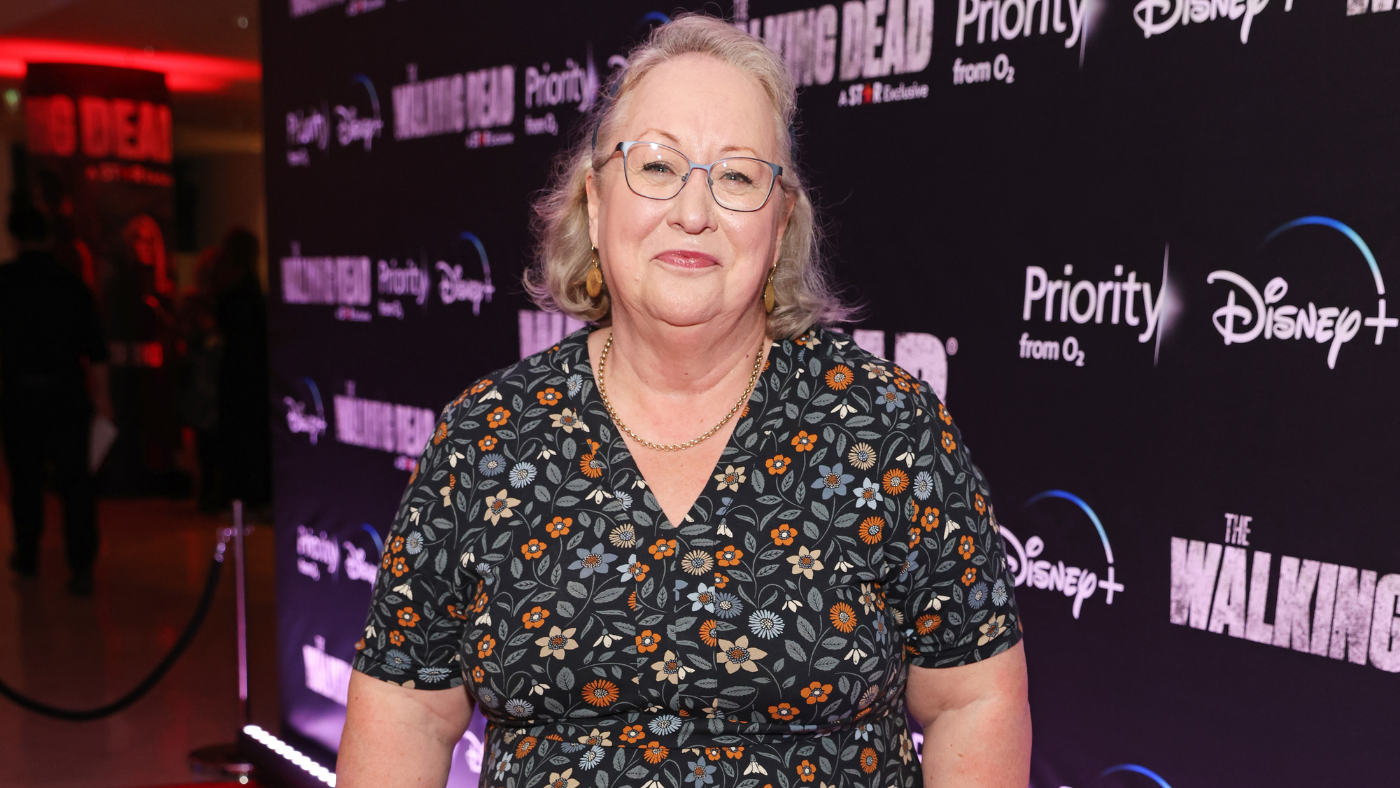
Ursula von der Leyen, the European Commission president, defends the slow roll-out of Covid-19 vaccines across the EU, suggesting that nations which had moved faster had compromised on “safety and efficacy”.
After 27 years at the helm, Jeff Bezos announces that he is stepping down as chief executive of Amazon. The UK hit its target of vaccinating 15 million of its most vulnerable citizens, in what Boris Johnson hails as a “significant milestone” in the fight against Covid-19.
Two months after waving the plans through, Communities Secretary Robert Jenrick bows to pressure from environmental campaigners by ordering a public inquiry into proposals to build the first new deep coal mine in the UK in 30 years, in Cumbria.
Leaked footage of a fractious Zoom meeting of Handforth Parish Council’s planning and environment committee takes the internet by storm, making an instant star of Jackie Weaver, the long-serving – and long-suffering – chief officer of the Cheshire Association of Local Councils.
Johnson unveils his keenly awaited road map to lead England out of lockdown, calling it “a one-way journey to freedom”; it starts with the return of all children to classrooms.
The celebrity couple Kim Kardashian and Kanye West confirm that they are to divorce.
Reversing a decision by the Court of Appeal, the Supreme Court unanimously rules that the “jihadi bride” Shamima Begum is not entitled to return to the UK from her current home in a detention camp in Syria to contest the Home Secretary’s decision to strip her of her British citizenship. The 21-year-old’s right to a fair hearing, they say, does not trump national security considerations.
Nasa employees celebrate in Houston as the six-month, 293 million-mile journey of their Perseverance rover ends with a successful landing on the surface of Mars.
3. March

In his first move as a Cabinet minister, Lord Frost unilaterally delays the implementation of parts of the Northern Ireland Protocol, prompting threats of legal action from the EU.
Former Fleet Street editor and journalism lecturer Roy Greenslade admits to having secretly supported the IRA, saying he was in “complete agreement about the right of the Irish people to engage in armed struggle”.
The collapse of the supply-chain finance firm Greensill leads to a series of revelations about David Cameron’s lobbying efforts on behalf of the firm. Among other things, he is accused of having sent multiple text messages to Chancellor Rishi Sunak in 2019, in an effort to secure a bailout for the company.
More than 17 million people tune in to the Duke and Duchess of Sussex’s explosive interview with Oprah Winfrey, in which Meghan tells “her truth” about the isolation and racial prejudice she faced as a member of the royal family. The duchess claims that she was so unhappy during the first years of her marriage that she “just didn’t want to be alive any more” – but that the Palace gave her no help or support. She also alleges that an unnamed royal had, before the birth of their son Archie, raised concerns about “how dark his skin might be”. Her words draw scorn from the broadcaster Piers Morgan, who claims he “didn’t believe a word” of her story; following a barrage of complaints, he resigns from Good Morning Britain.
Tatler reveals that Boris Johnson’s partner Carrie Symonds is seeking to banish the Mays’ “John Lewis furniture nightmare” from the flat at 11 Downing Street with a makeover inspired by the celebrity eco-designer Lulu Lytle.
There are calls for the resignation of Britain’s most senior police officer, Cressida Dick, after the police violently break up a vigil for Sarah Everard, the 33-year-old south Londoner who was abducted and murdered by the Metropolitan Police officer Wayne Couzens.
Scotland’s First Minister Nicola Sturgeon comes out on top in her bitter and protracted feud with her predecessor Alex Salmond, when an independent inquiry clears her of breaching the ministerial code during and after the Scottish government’s investigation into the complaints of harassment made against him.
The Home Secretary Priti Patel promises a “faster and fairer” immigration system with “safe, legal routes” for asylum seekers. The plan, aimed largely at reducing the number of migrants crossing the Channel in small boats, ushers in a two-tier system that discriminates for the first time against those who reach the UK without prior approval.
The Suez Canal is blocked for six days by the grounding of a vast container ship, causing chaos to global supply chains.
4. April
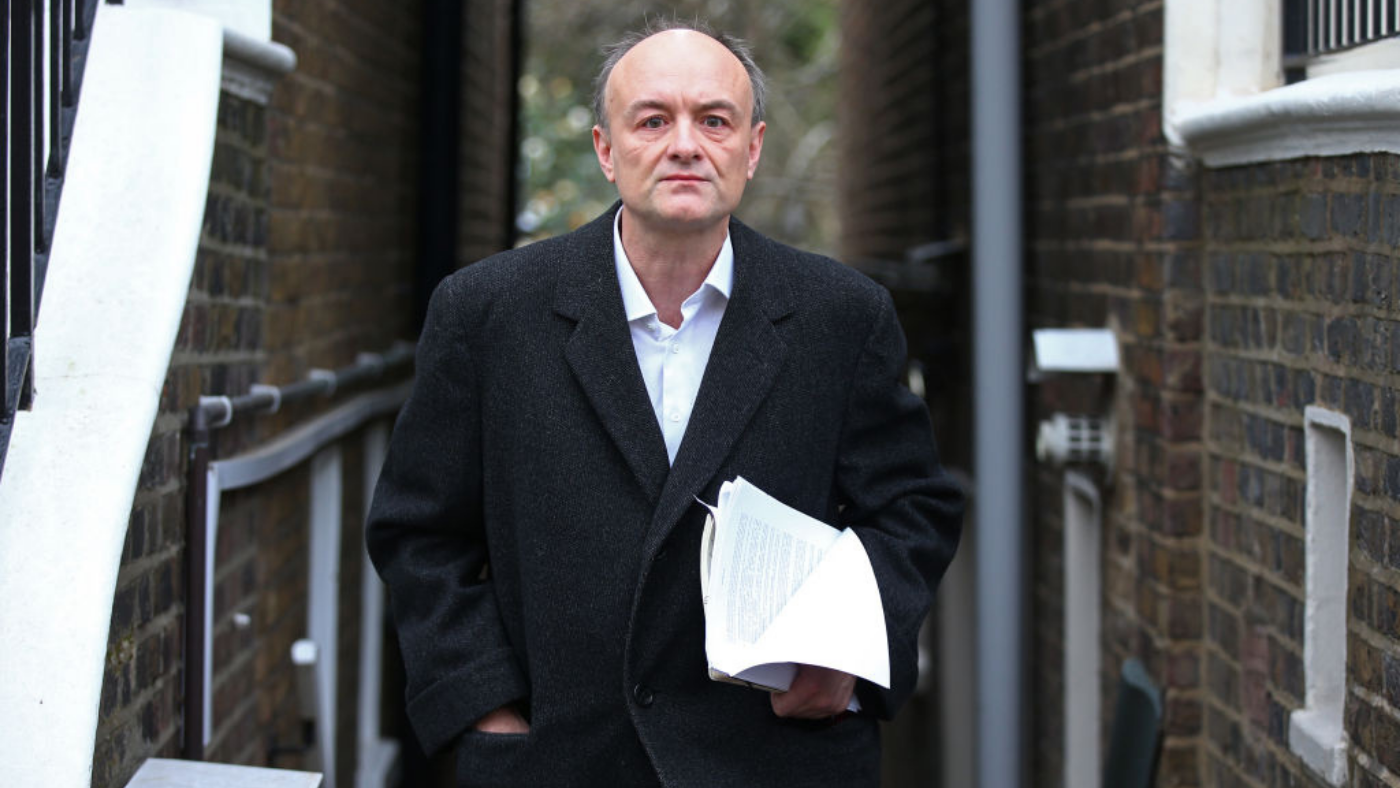
Boris Johnson gives the green light for shops, pubs and restaurants in England to begin reopening. The Government faces a backlash after the landmark report it commissioned on race, led by the educationalist Tony Sewell, hails the UK as “a model for other white majority countries”.
Tributes pour in for Prince Philip following his death two months short of his 100th birthday; in accordance with Covid rules, just 30 mourners attend his funeral, rather than the 800 originally planned.
The reality star Khloé Kardashian demands that Twitter, Instagram and other platforms take down an unretouched photo that shows her looking less than perfect in a bikini, warning that reproducing the image could count as copyright infringement.
Johnson’s former aide Dominic Cummings launches the first of a series of blistering attacks on the PM alleging, among other things, that he devised an “unethical, foolish” and “possibly illegal” plan to get donors to fund the revamp of his Downing Street flat.
Anthony Hopkins wins the best actor Oscar, for The Father; Frances McDormand scoops the best actress award for Nomadland.
Arlene Foster announces her resignation as leader of the DUP and as Northern Ireland’s First Minister after her party’s members sign a letter of no confidence in her leadership.
The diaries of the former Tory minister Alan Duncan are serialised in the Daily Mail, revealing his low opinion of many colleagues. He describes the Education Secretary Gavin Williamson as a “venomous little shit”; Priti Patel as a“deceitful, brassy monster”; and Theresa May as “dumbstruck, leaden”, with a “charisma bypass”.
5. May
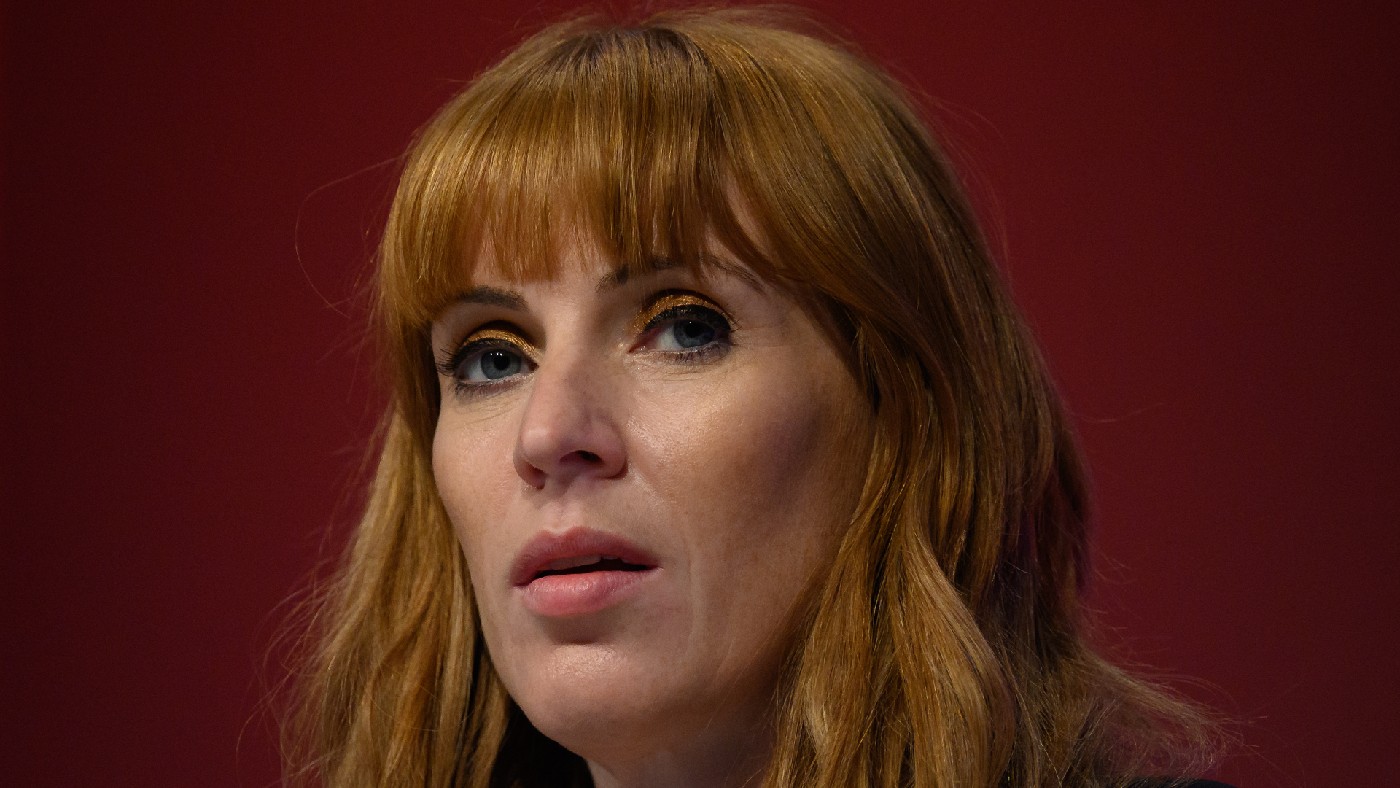
After 27 years of marriage, Bill and Melinda Gates announce their divorce, declaring in a joint statement that they “no longer believe they can grow together... in this next phase of their lives”. Microsoft later confirms it had launched a probe into its billionaire founder’s conduct in 2019, following a complaint that he had “sought to initiate an intimate relationship” with a female employee.
Tony Blair causes a sensation by appearing in a TV interview with a luxuriant silver mullet. The former PM’s new hairstyle draws comparisons with Gandalf, David Icke and Peter Stringfellow.
Fresh questions are raised about Keir Starmer’s leadership of Labour when the party suffers dismal local election results in many areas of England. After accepting responsibility for the poor showing, Starmer sacks his deputy, Angela Rayner, as party chair and campaign chief, before bowing to pressure and giving her a beefed-up role. Cameron appears in front of a select committee to discuss his lucrative work on behalf of Greensill Capital: he concedes that the lobbying reforms he introduced as PM may not have gone far enough.
The BBC apologises and orders a review of its editorial policies following the publication of a damning report into Martin Bashir’s famous 1995 interview with Diana, Princess of Wales. Bashir, who was found to have faked documents to gain access to Diana through her brother, Earl Spencer, says he is “deeply sorry” to Princes William and Harry for any upset he caused, but insists he remains “immensely proud” of the interview.
The authoritarian leader of Belarus, Alexander Lukashenko, is accused of engaging in “aviation piracy” after his officials cite a spurious bomb threat in order to force the landing of a passing passenger jet that contains a dissident activist.
6. June
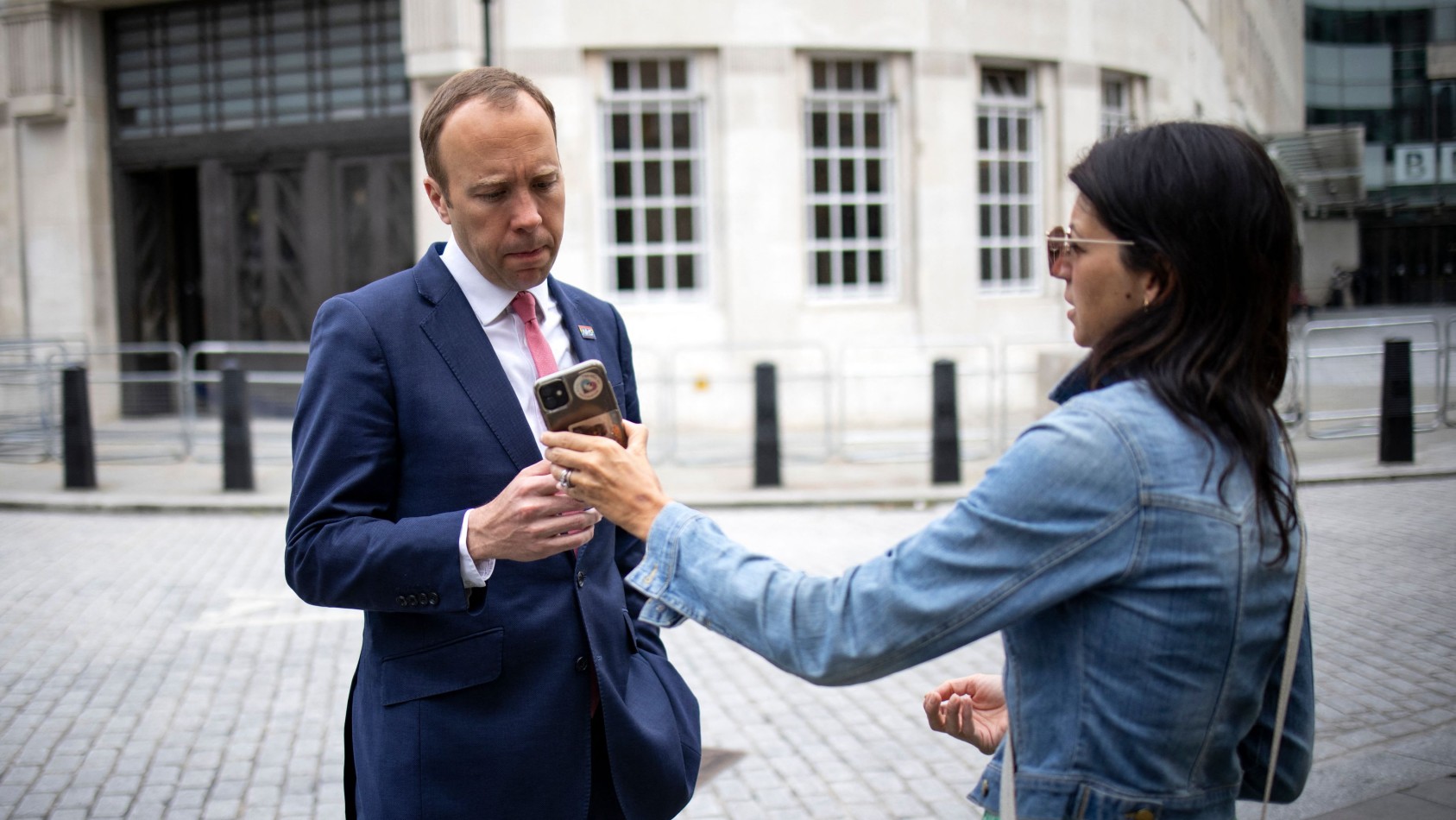
For the first time since the start of the pandemic, the UK reports zero daily Covid deaths, but a later surge in Covid cases forces the Government to postpone by four weeks its much-touted target of lifting all lockdown restrictions in England by 21 June.
The National Trust’s chairman, Tim Parker, resigns a day after some members had pushed for a motion of no-confidence against him. They were infuriated in particular by the Trust’s decision to publish a register of its properties with links to colonialism and slavery.
Boris Johnson and Carrie Symonds secretly get married in a quiet ceremony in Westminster Cathedral.
World leaders hold their first face-to-face gathering since the start of the pandemic, at the G7 summit at the Carbis Bay resort in Cornwall. But the display of “unity and harmony” is partially overshadowed by bitter exchanges between Britain and France about the new rules affecting chilled meats arriving in Northern Ireland from Great Britain.
The Conservative Party suffers a major blow when Sarah Green, the Lib Dem candidate, overturns a 16,000-strong Tory majority to win the Chesham and Amersham by-election.
After only 21 days in post, Edwin Poots is ousted as leader of the Democratic Unionist Party; Jeffrey Donaldson replaces him.
Sajid Javid returns to the Cabinet following the spectacular fall of Matt Hancock. A leaked photo had shown the Health Secretary engaging in a clinch in his office with an aide, Gina Coladangelo.
7. July
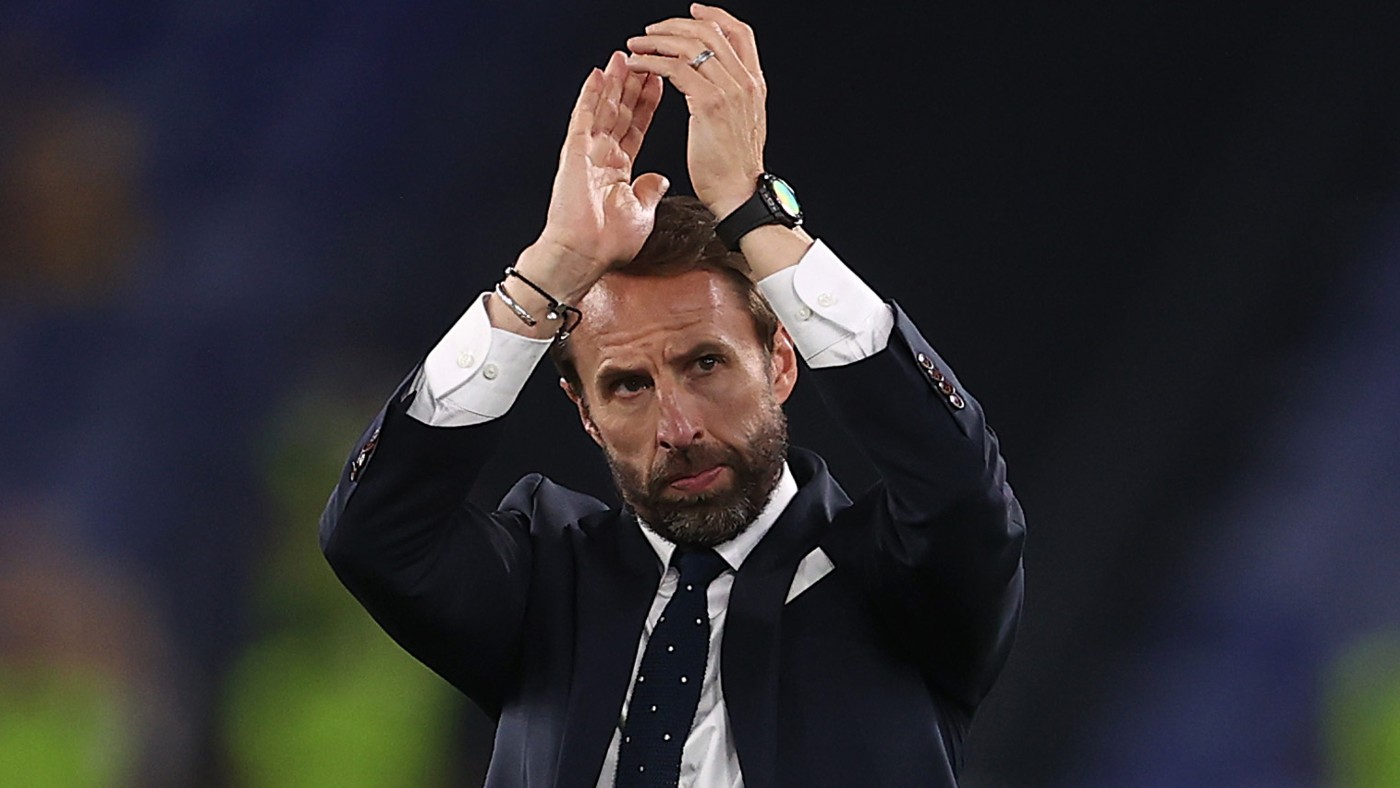
Defying the polls, Labour scrapes a by-election victory in the West Yorkshire seat of Batley and Spen, resulting in Kim Leadbeater winning the seat once held by her murdered sister Jo Cox.
Sweltering temperatures in the US Pacific Northwest, and disastrous floods in Germany and the Chinese province of Henan, prompt new fears about the impact of climate change.
Beijing celebrates the 100th anniversary of the founding of the Chinese Communist Party.
Gareth Southgate’s England team loses the Euro 2020 final to Italy. The team is widely praised, but a slew of racist abuse on social media is aimed at the three players who missed their penalties: Marcus Rashford, Jadon Sancho and Bukayo Saka.
The arrival of “Freedom Day” in England is overshadowed by concerns about rising infections and the consequent “pingdemic” of self-isolation orders.
Unesco strips Liverpool of its status as a World Heritage Site, citing “irreversible” damage caused by new developments.
The Amazon founder Jeff Bezos becomes the second billionaire in a matter of days, after Virgin tycoon Richard Branson, to launch himself into orbit; the ten-minute trip, in the phallus shaped Blue Origin rocket, cost $5.5bn.
8. August
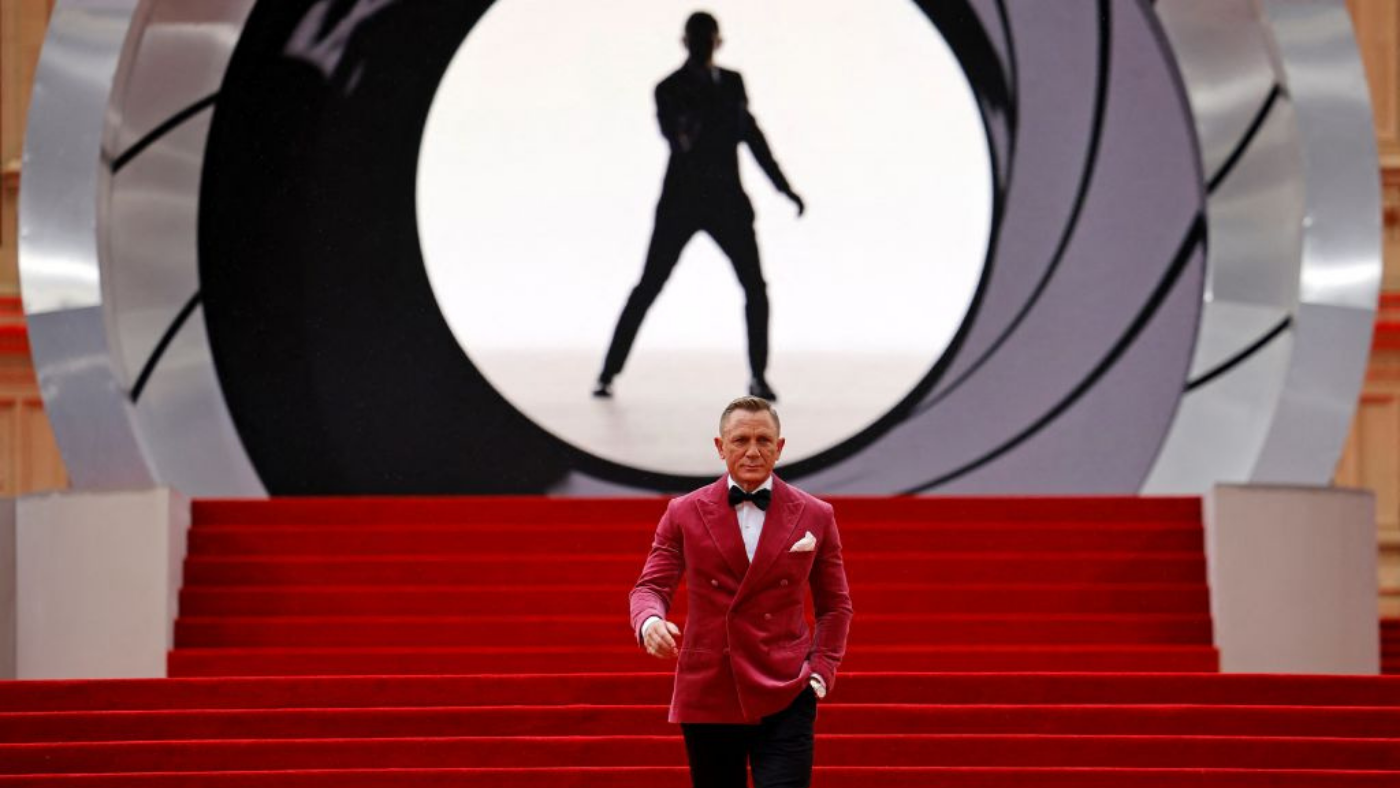
The role of Tory party co-chairman Ben Elliot comes under scrutiny following claims that he is orchestrating a shadowy world of privileged access to senior ministers.
As wildfires rage in Greece, UN chief António Guterres describes a new report by the UN’s intergovernmental panel on climate change as a “code red for humanity”.
The Barbadian pop star and cosmetics entrepreneur Rihanna is named as the world’s richest female musician, with an estimated £1.2bn fortune.
Virginia Roberts Giuffre, the American woman who alleges that she was forced to have sex with Prince Andrew when she was 17, files a civil suit against him in a federal court in New York.
The Taliban complete their rapid takeover of Afghanistan by seizing control of Kabul, forcing a chaotic airlift of troops, foreign nationals and eligible Afghans. The group’s main spokesman, Zabihullah Mujahid, insists that no retribution will be sought against those who worked for the former government, and that women will enjoy full rights “within the framework of Islam” – but there are soon reports of vicious reprisals.
Farmer Helen Macdonald loses her last-ditch attempt to save her alpaca, Geronimo, from being put down. It had twice tested positive for bovine TB.
A week after being named as the highest-earning actor in the world, the outgoing 007 star Daniel Craig reveals that he is not planning to leave “great sums” to either of his daughters.
Britain’s supply-chain crisis deepens, leading to gaps on supermarket shelves and chicken shortages in fastfood outlets.
A month after splitting from his wife, a “merry” Michael Gove is seen dancing to jungle music at a nightclub in his home town of Aberdeen. Witnesses claim the minister turned up at 1.15am and tried to dodge the £5 entry fee to the Bohemia club by noting that he’s “the Chancellor of the Duchy of Lancaster”.
Having been made a dame and won a standing ovation at Wimbledon for her role in creating the Oxford/AstraZeneca vaccine, Professor Sarah Gilbert wins a new honour: a Barbie doll made in her image.
9. September

In a high-stakes gamble, Boris Johnson sets out plans for a £12bn-a-year tax rise to help fund health and social care.
More than 30 years after their last public performance, the members of the Swedish supergroup Abba announce that they’ve recorded a new album and are returning to the stage – albeit in a virtual form.
Britain hails a new sporting superstar, when 18-year-old Emma Raducanu becomes the first British woman to win a Grand Slam singles title in 44 years, triumphing at the US Open in New York.
The Home Secretary Priti Patel threatens to “pull the plug” on a failing £54m deal with France to prevent migrants leaving its coast. Controversially, she also seeks advice from the Attorney General on authorising the Border Force to “push back” migrant boats into French waters.
The signing of a landmark security agreement between Britain, the US and Australia – which results in the cancellation of a big submarine contract between Paris and Canberra–prompts a furious reaction from France. Johnson further enrages President Macron by calling on France to “prenez un grip” and “donnez-moi un break”.
The PM’s long-awaited reshuffle finally takes place: Liz Truss replaces Dominic Raab as Foreign Secretary; Michael Gove is put in charge of a “super-ministry”, with responsibility for the “levelling-up” agenda; Nadine Dorries becomes the new Culture Secretary.
The UK’s 8,000 petrol stations come under siege as motorists, panicked by rumours of petrol shortages, rush to fill their tanks. Labour’s Angela Rayner causes a stir at the party conference by calling the Tories “scum”.
Protesters from the Insulate Britain group block junctions of the M25, throwing paint, gluing themselves to the road, and creating chaos for commuters.
10. October
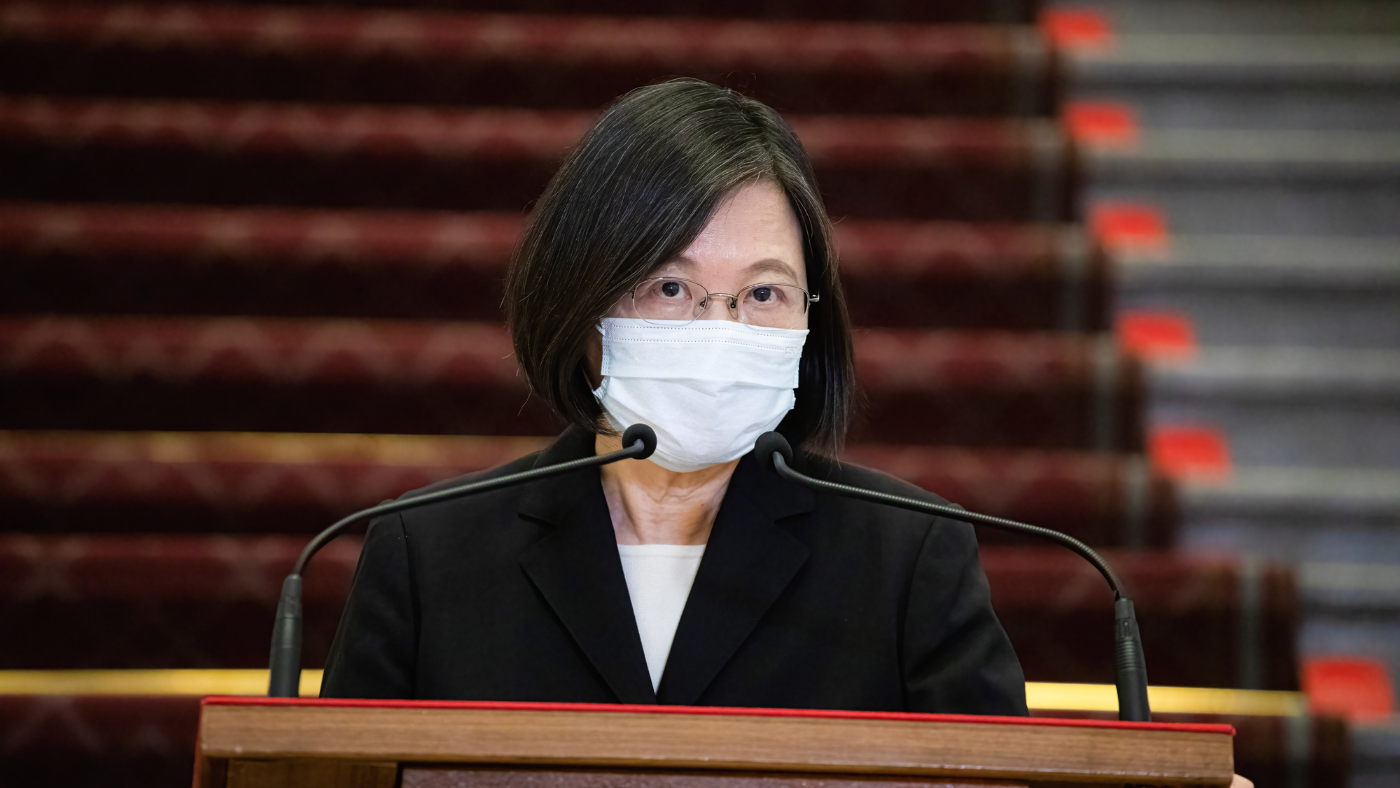
The Conservatives gather in Manchester for their first in-person conference in two years. The event is dominated by concerns about the so-called EFFing crisis – the shortage of energy, fuel and food.
A cache of more than 11.9 million leaked documents, dubbed the Pandora Papers, show how the rich and powerful – including 35 current or former heads of state – use the offshore financial system to conceal their assets.
James Rebanks, the author of The Shepherd’s Life, hails Jeremy Clarkson as a “hero to farmers”, claiming that the broadcaster’s Amazon TV series, capturing the problems he’d faced running his Diddly Squat Farm, did more for farming in a few months than the BBC’s Countryfile had done in 30 years.
Amid growing fears of a Chinese invasion, President Tsai Ing-wen warns that “Taiwan will do whatever it takes to defend itself”.
The Facebook whistleblower Frances Haugen delivers explosive testimony to Congress about the ways the company puts profits before the safety of its users.
A review of MPs’ security arrangements is ordered following the murder of Sir David Amess, the 69-year-old Conservative MP for Southend West, during a constituency surgery. His death prompts soul-searching about the dangers faced by MPs, and the tone of political debate; Rayner apologises“unreservedly” for her “scum” remark; and at a special session of Parliament, MPs from all parties suspend normal business to pay tribute to him.
The Health Secretary, Sajid Javid, throws his weight behind a campaign for more GP face-to-face appointments.
On a film set in New Mexico, Hollywood star Alec Baldwin accidentally shoots and kills the movie’s cinematographer, Halyna Hutchins, after being handed a prop gun that, unbeknown to him, contained a live round.
Professor Kathleen Stock, a feminist philosopher at Sussex University, is hounded out of her post by protesters who object to her views on transgender rights.
11. November
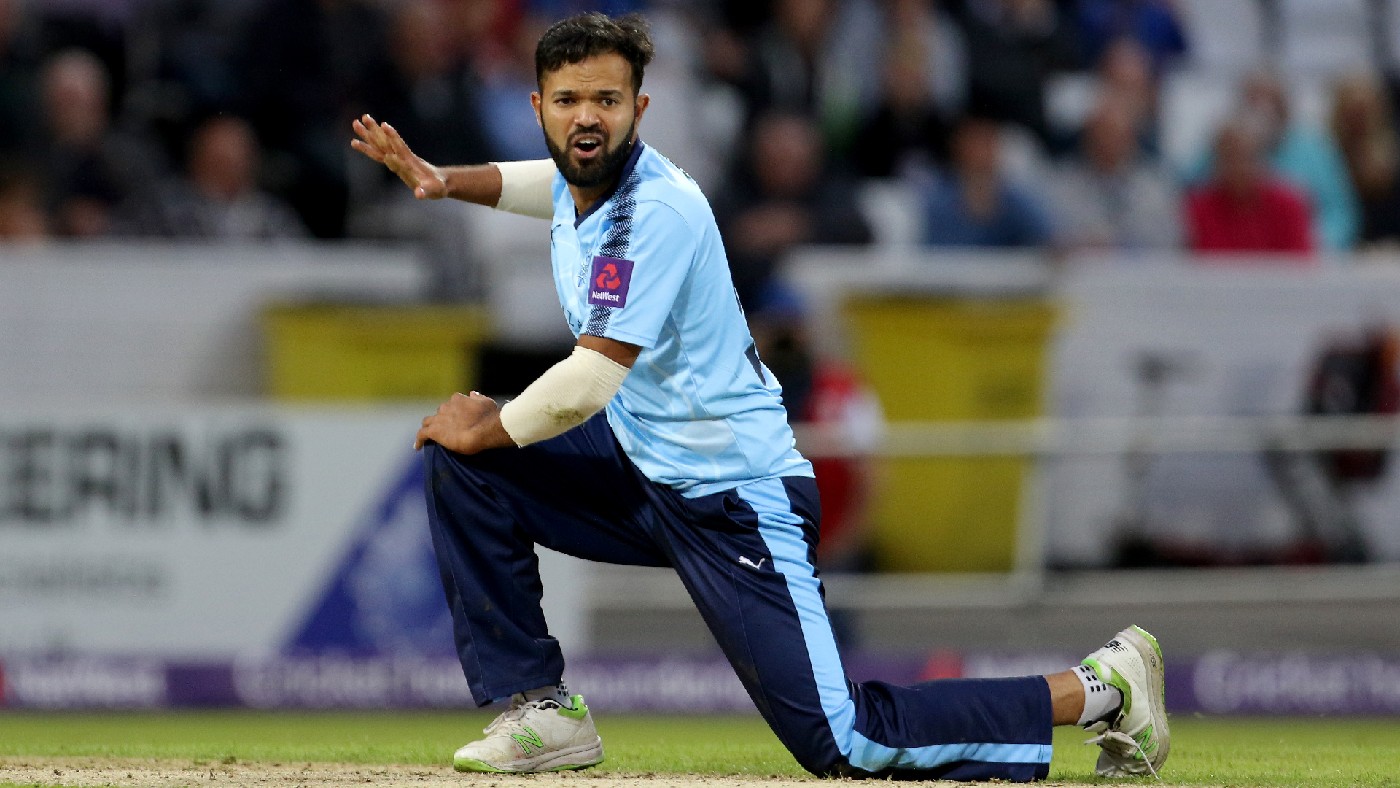
Boris Johnson is accused of treating Parliament with contempt and presiding over a new culture of sleaze after he attempts to block the suspension of Owen Paterson, a former cabinet minister found to have breached lobbying rules. As the media details other Tory MPs with lucrative jobs outside Westminster, attention focuses on the former attorney general Geoffrey Cox, who earned almost £1m from legal work last year.
Malala Yousafzai, the 24-year-old campaigner and Nobel Prize-winner, ties the knot with her partner, cricket manager Asser Malik.
A racism scandal engulfs Yorkshire County Cricket Club after Azeem Rafiq, the county side’s youngest-ever captain, reveals that he suffered years of racist abuse and bullying at the club.
Glasgow hosts the crucial Cop26 climate summit. Alok Sharma, the UK minister who chaired the talks, is reduced to tears by a last-minute concession demanded by India and China, which replaces a pledge to “phase out” coal with one to “phase down” its use.
One of Prince Charles’s closest aides, Michael Fawcett, resigns as head of the prince’s charitable foundation after being accused of offering to help a Saudi businessman secure a knighthood in exchange for a donation.
Fans celebrate outside a court in LA as the pop star Britney Spears is released from the “conservatorship” that had denied her control of aspects of her career and personal life since 2008.
The PM gives a rambling address to the CBI conference, in which he loses his place and launches into a lengthy digression about the joys of Peppa Pig World.
A bitter blame game breaks out between Britain and France after 27 people lose their lives while attempting to cross the Channel.
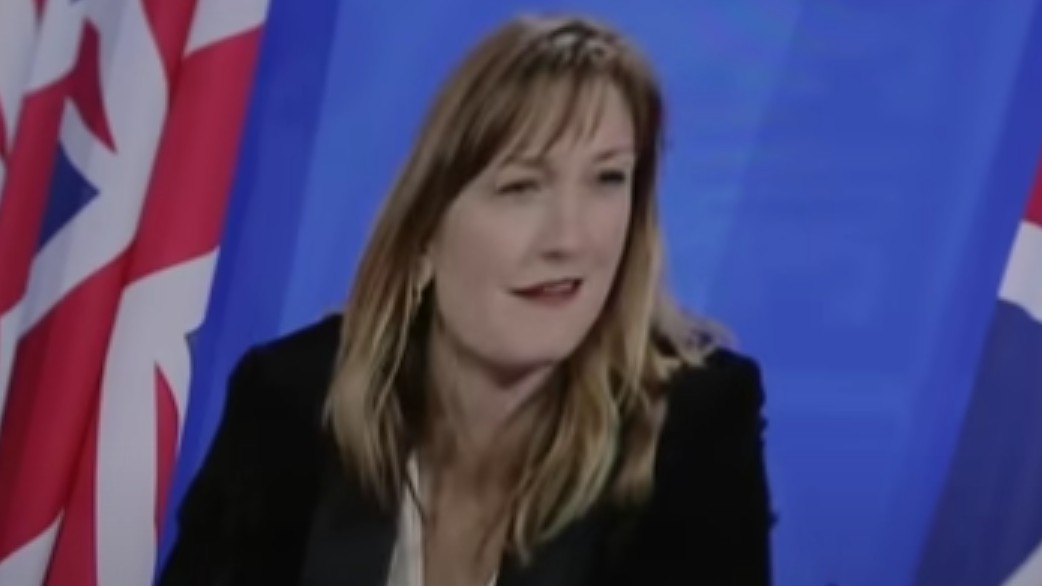
The PM’s former press secretary, Allegra Stratton, resigns from her government role following the leak of footage that shows her joking with colleagues about how they’d explain a non-socially-distanced party in No. 10 last Christmas.
A national review begins into the horrific death of six-year-old Arthur Labinjo-Hughes, at the hands of his stepmother and father.
A former Foreign Office desk officer testifies that British efforts to evacuate people from Afghanistan following the fall of Kabul were chaotic, estimating that fewer than 5% of the 75,000 to 150,000 people who applied to be evacuated received any assistance.
Social Democrat Olaf Scholz is sworn in as Germany’s new chancellor, ending 16 years of conservative rule under Angela Merkel.
The Women’s Tennis Association suspends tournaments in China in protest at Beijing’s treatment of tennis star Peng Shuai. She had earlier disappeared from public view after alleging on her Weibo social media account that China’s former vice-premier Zhang Gaoli had sexually assaulted her.
The High Court rules that Julian Assange, the founder of WikiLeaks, can be extradited to the US, overturning a previous ruling that blocked his extradition on mental health grounds.
Elon Musk – the Tesla and SpaceX entrepreneur, and, as of 2021, richest person in the world – is named Time’s person of the year.
-
 What to know before filing your own taxes for the first time
What to know before filing your own taxes for the first timethe explainer Tackle this financial milestone with confidence
-
 The biggest box office flops of the 21st century
The biggest box office flops of the 21st centuryin depth Unnecessary remakes and turgid, expensive CGI-fests highlight this list of these most notorious box-office losers
-
 What are the best investments for beginners?
What are the best investments for beginners?The Explainer Stocks and ETFs and bonds, oh my
-
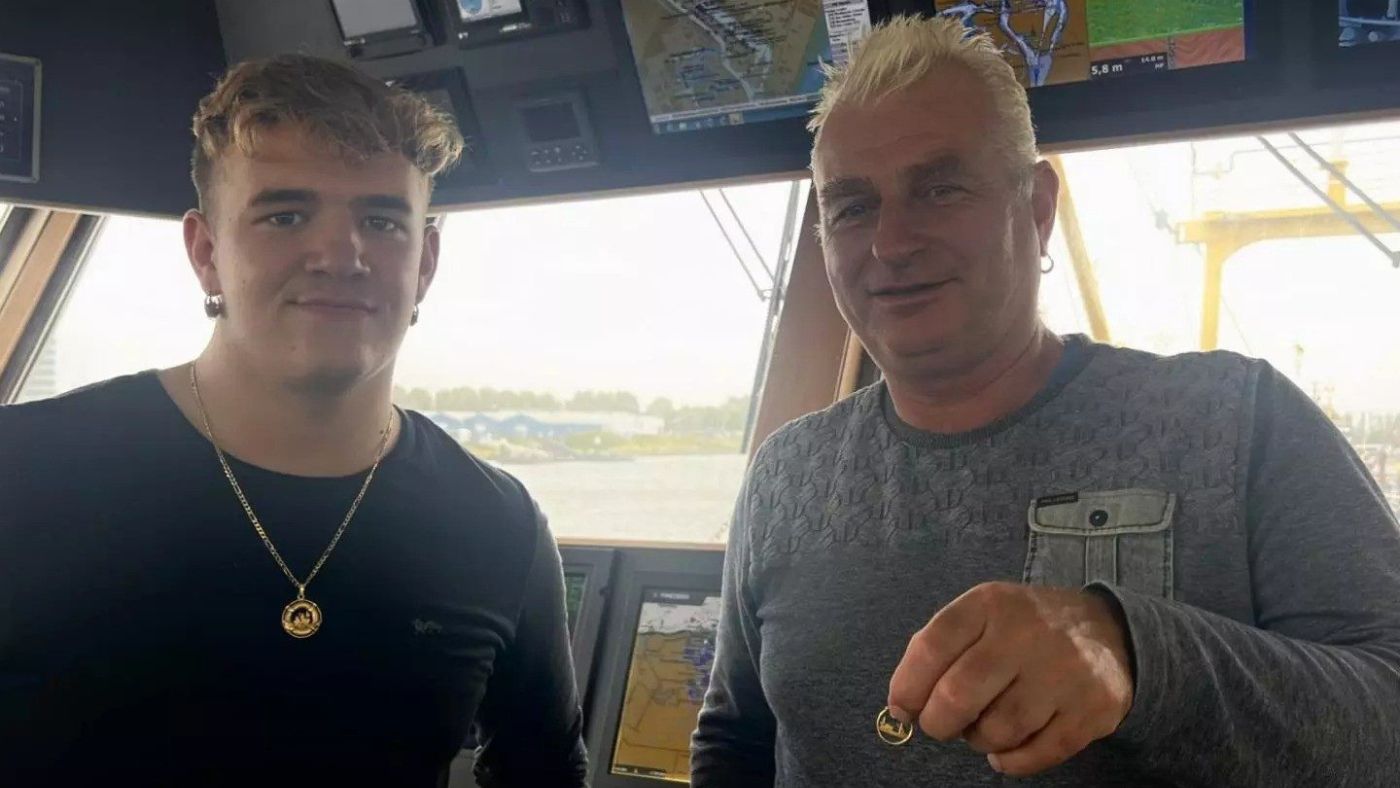 Earring lost at sea returned to fisherman after 23 years
Earring lost at sea returned to fisherman after 23 yearsfeature Good news stories from the past seven days
-
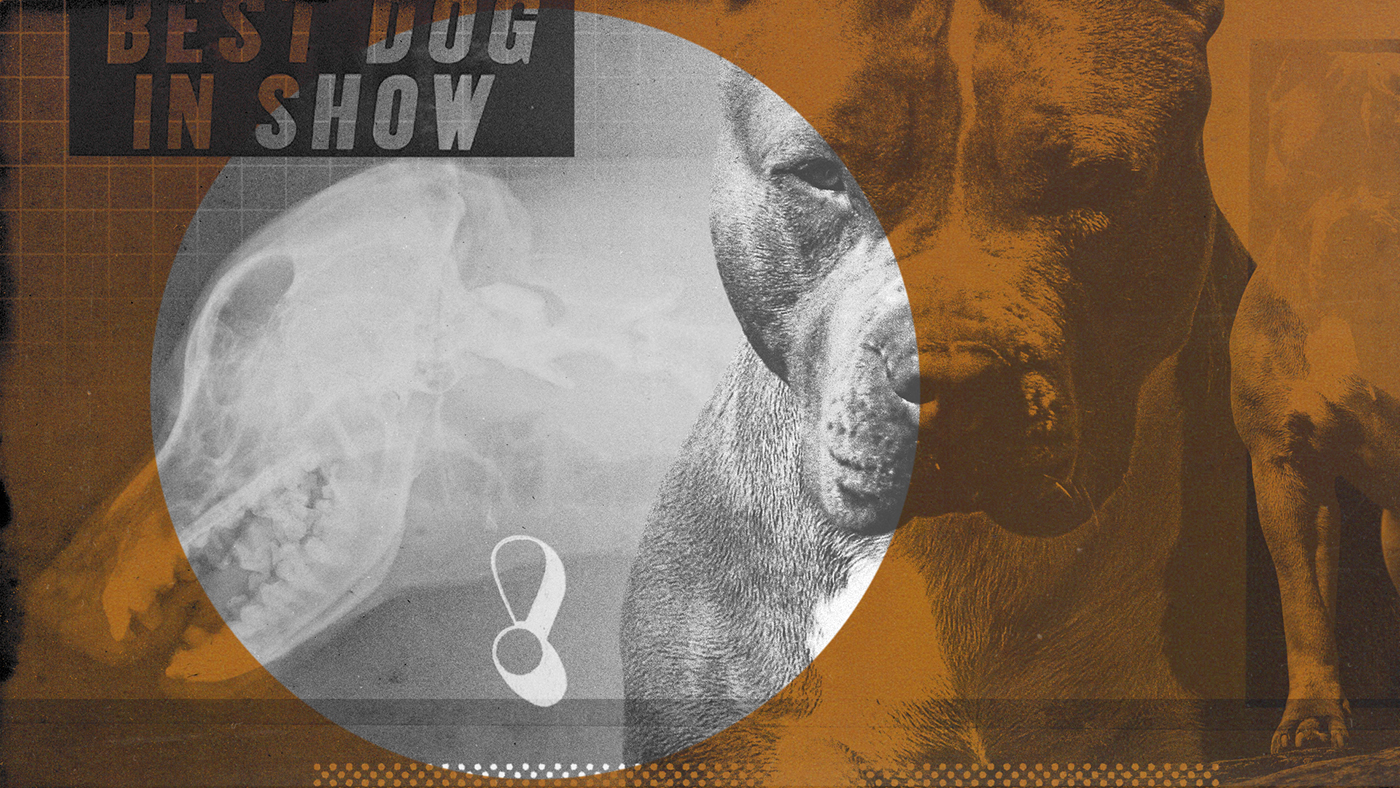 Bully XL dogs: should they be banned?
Bully XL dogs: should they be banned?Talking Point Goverment under pressure to prohibit breed blamed for series of fatal attacks
-
 Netanyahu’s reforms: an existential threat to Israel?
Netanyahu’s reforms: an existential threat to Israel?feature The nation is divided over controversial move depriving Israel’s supreme court of the right to override government decisions
-
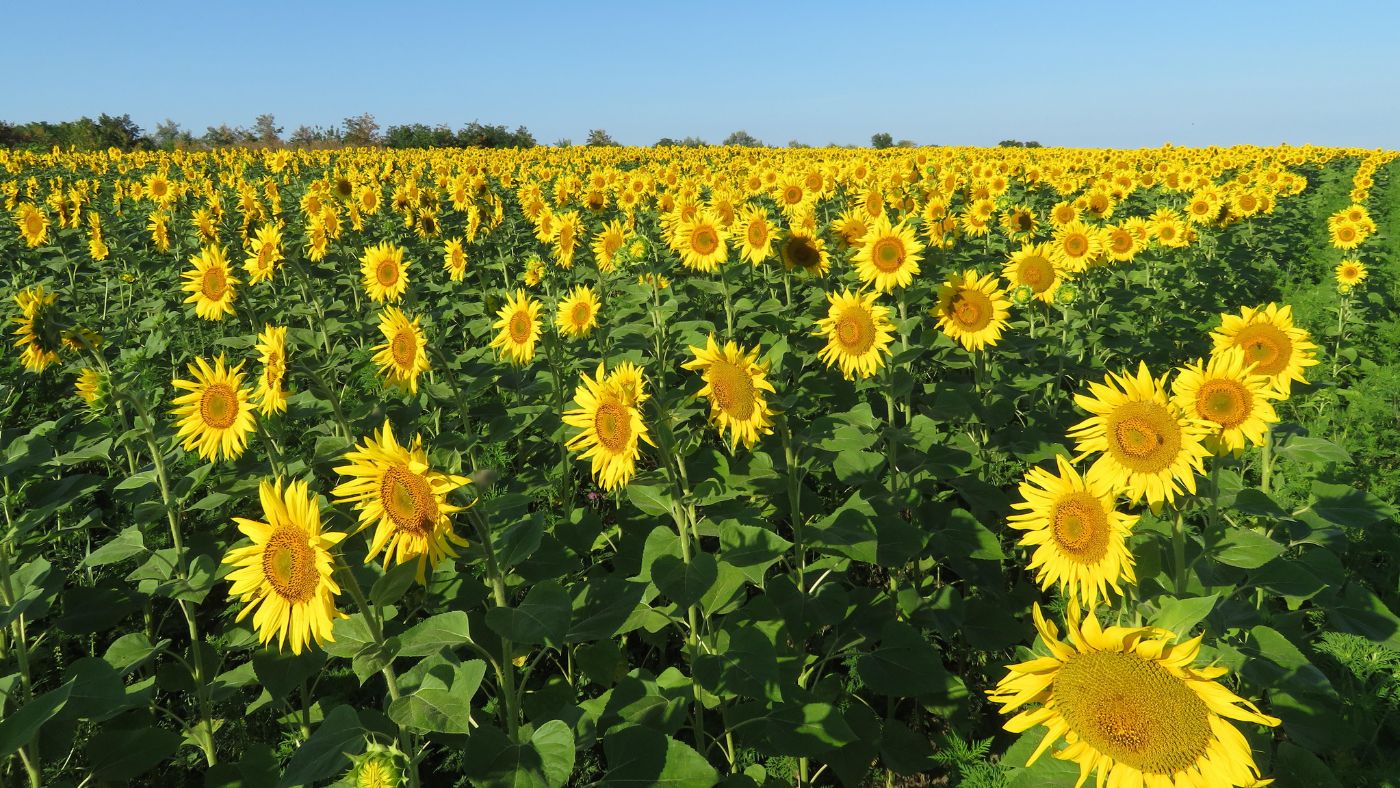 Farmer plants 1.2m sunflowers as present for his wife
Farmer plants 1.2m sunflowers as present for his wifefeature Good news stories from the past seven days
-
 EU-Tunisia agreement: a ‘dangerous’ deal to curb migration?
EU-Tunisia agreement: a ‘dangerous’ deal to curb migration?feature Brussels has pledged to give €100m to Tunisia to crack down on people smuggling and strengthen its borders
-
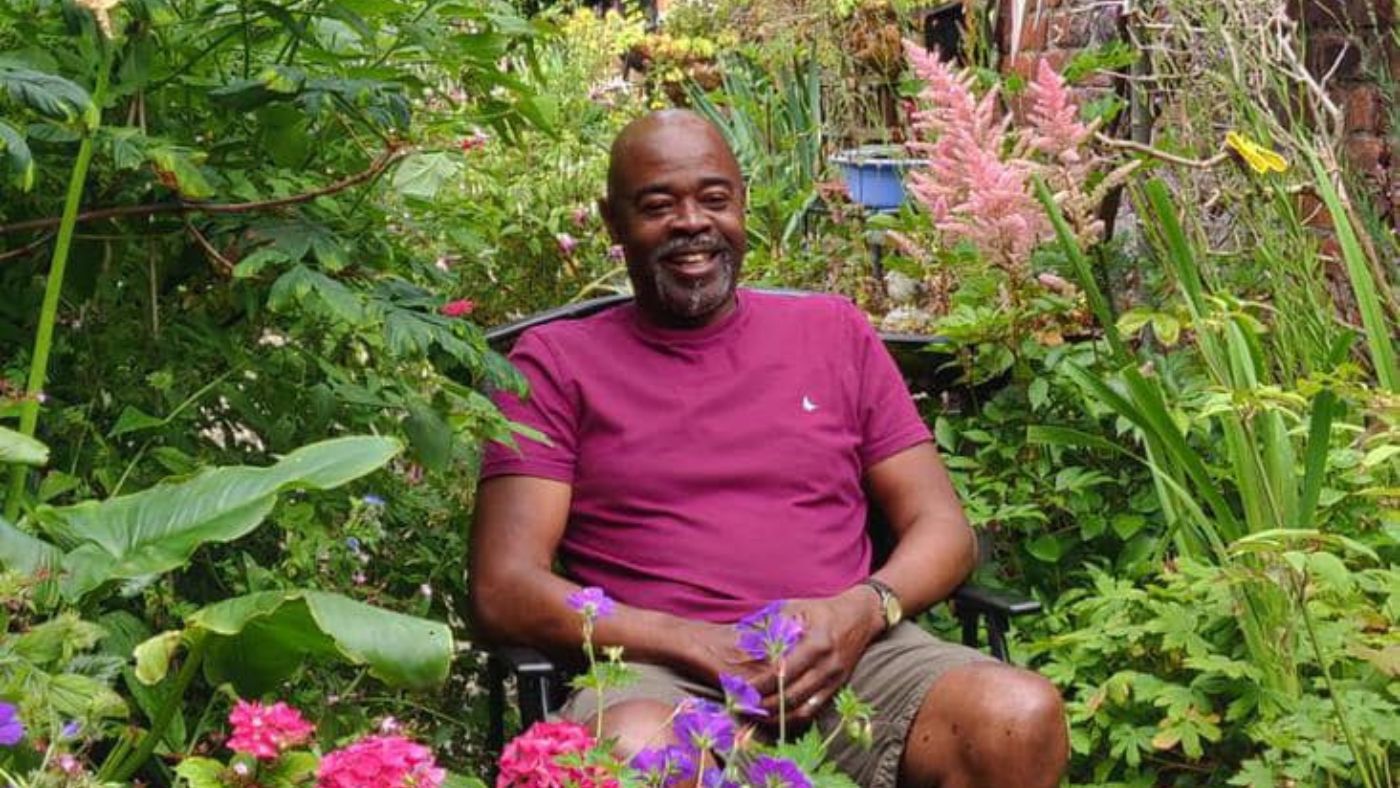 Manchester alleyway transformed into a plant-filled haven
Manchester alleyway transformed into a plant-filled havenfeature Good news stories from the past seven days
-
 China’s ‘sluggish’ economy: squeezing the middle classes
China’s ‘sluggish’ economy: squeezing the middle classesfeature Reports of the death of the Chinese economy may be greatly exaggerated say analysts
-
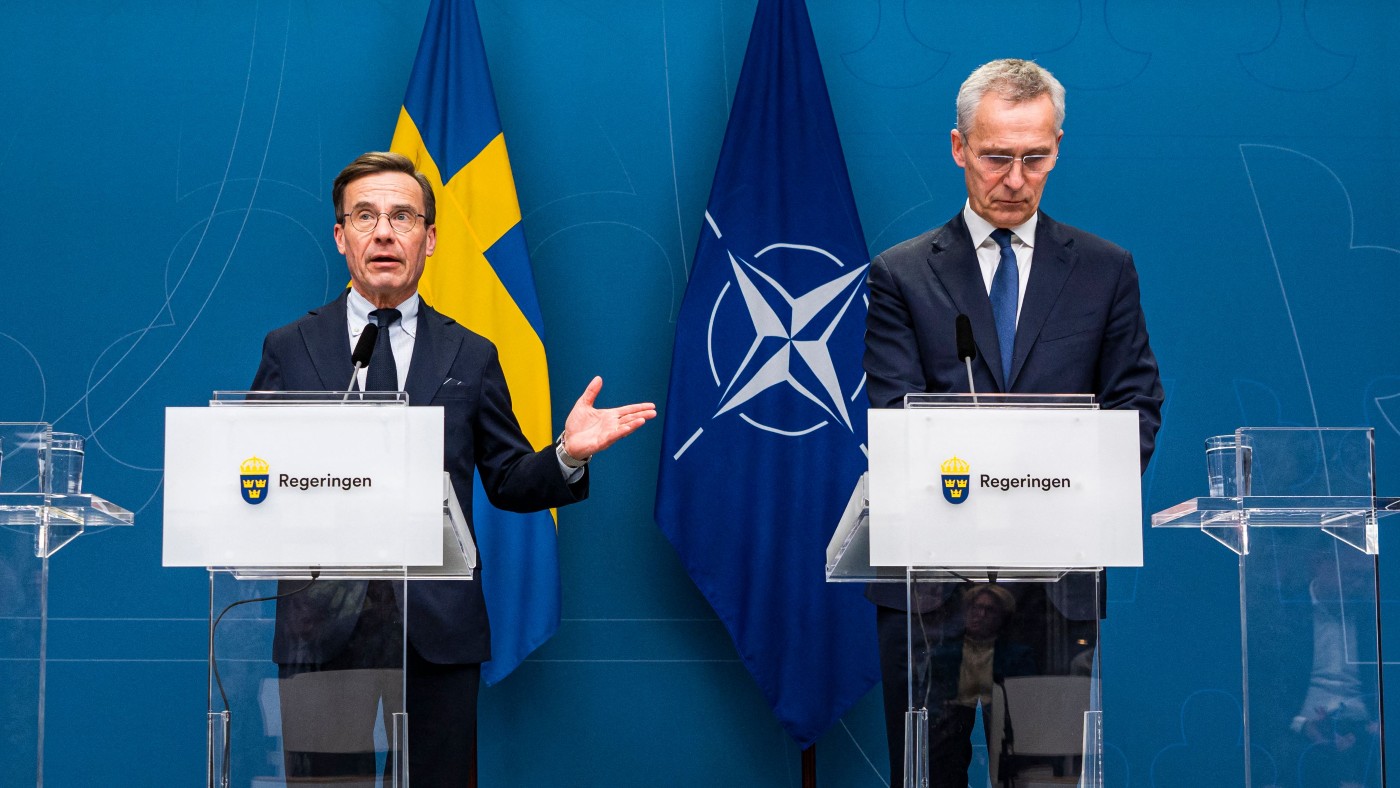 Non-aligned no longer: Sweden embraces Nato
Non-aligned no longer: Sweden embraces Natofeature While Swedes believe it will make them safer Turkey’s grip over the alliance worries some